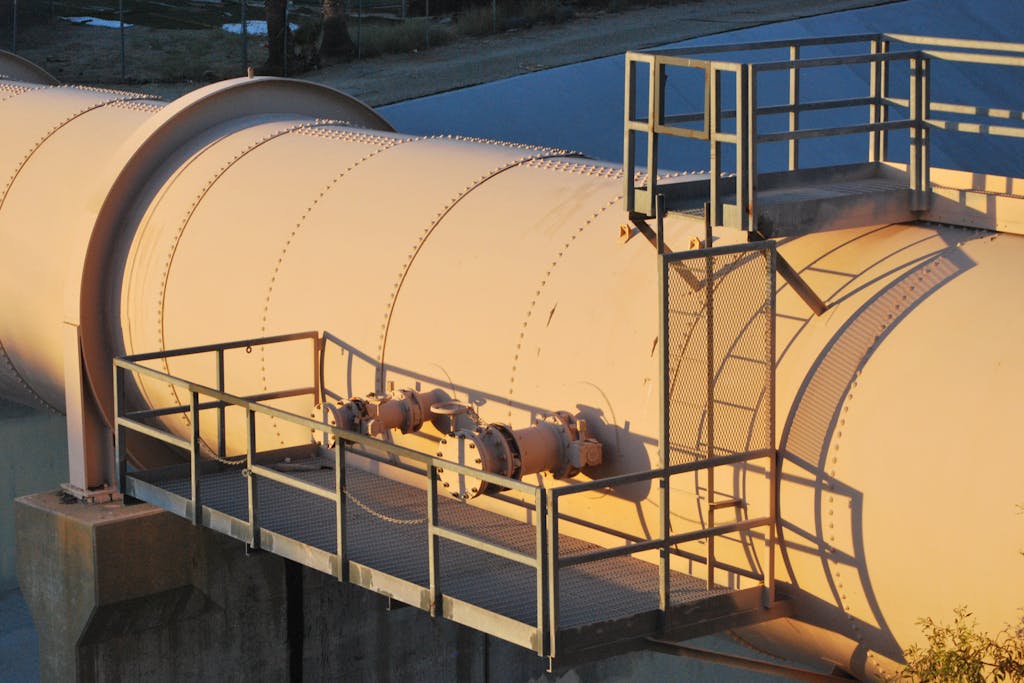
On the horizon for the oil and gas sector, a remarkable technological revolution led by Artificial Intelligence (AI) is on the horizon. More than just a trend, AI represents a set of technologies with the potential to fundamentally reshape operations in this industry, from exploring for new fields to improving customer service. In this article, we will dive into a comprehensive analysis of the primary features of AI that promise to redefine the oil and gas landscape.
Let’s look at some examples of exactly how this technology could exponentially improve many areas of business and operations:
Predictive Analytics:
Predictive analytics is key in Artificial Intelligence for the oil and gas sector. These systems process large volumes of data to forecast trends and behaviors, which is crucial for anticipating equipment failures, optimizing maintenance and predicting changes in market demand.
Amazon Web Services (AWS):
AWS offers several predictive analytics services through its artificial intelligence and machine learning platform, such as Amazon Forecast, Amazon Machine Learning and Amazon SageMaker, which enable companies to build customized predictive models.Google Cloud Platform (GCP):
GCP provides a wide range of predictive analytics services, including Google Cloud AI Platform, which enables machine learning models to be trained and deployed at scale, and Google Cloud AutoML, which simplifies the process of building machine learning models without requiring prior machine learning expertise.Microsoft Azure:
Azure offers a range of predictive analytics services through its suite of artificial intelligence and machine learning tools, such as Azure Machine Learning, Azure AI and Azure.Databricks:
Databricks enable organizations to build, train and deploy predictive models in the cloud.
Data Integration and Analysis:
One of the industry’s biggest challenges is managing and making sense of the colossal data generated every day. AI excels at integrating disparate data sources and extracting actionable information, helping to make informed exploration, production and distribution decisions.
Safety and Environmental Monitoring:
AI improves safety measures through real-time monitoring and hazard detection. It can also assess environmental impact, helping companies comply with regulations and maintain sustainable practices. AI’s ability to analyze data can lead to safer operational protocols and a reduced environmental footprint.
Cybersecurity:
As industry digitizes, the risk of cyber threats increases. AI’s cybersecurity capabilities offer robust protection against attacks, ensuring the security of critical infrastructure and sensitive data. It can detect anomalies, predict potential breaches and respond to threats quickly.
Operational Resilience:
AI contributes to the resilience of oil and gas operations by enabling companies to adapt to changing market conditions and operational challenges. It supports decision-making processes, ensuring that companies can respond to disruptions and maintain continuity.
Improving Customer Service:
AI is not just limited to operations; it also extends to customer service. With AI-powered chatbots and personalized service offerings, companies can interact with their customers more effectively, providing timely support and improving overall customer satisfaction.
AI is a game changer for the oil and gas sector, improving efficiency and environmental sustainability. With its adoption, an era of innovation and growth is anticipated in the industry. The future of oil and gas looks brighter thanks to AI.
Examples of the Fastest Adopters of the Technology:

Chevron: AI for Efficiency.
Chevron uses AI to improve refining and reduce energy. Optimizes processes for lower emissions.
ADNOC: Digital and Efficient.
ADNOC invests in AI and digital technology. Raises efficiency and sets industry benchmark.
BP: Drilling Innovation.
BP adopts AI for safety and productivity in drilling and extraction.
Shell: Power in AI.
Shell uses AI in supply chain for optimized performance and costs.
Total Sustainability with AI.
Total uses AI for efficiency and environmental compliance.
Saudi Aramco: Operational Resilience.
Saudi Aramco invests in AI to anticipate change and maintain competitiveness.
ExxonMobil Leading Exploration.
ExxonMobil employs AI to detect oil leaks, streamlining exploration and reducing risk.
For smaller oil and gas companies, the prospect of integrating AI can seem daunting due to budget constraints. However, there are cost-effective strategies they can employ to harness the power of AI without overspending.
But it is possible!
Start with Specific Use Cases: Identify areas within your operations where AI can have the greatest impact. Whether it’s predictive maintenance, reservoir optimization or supply chain management, focus on one or two key areas to start. Combine resources and scale!

About the Author:
Carolina Monge is a visionary in the business world with over 15 years of experience, standing out in leadership roles such as Alliance Manager and Strategy Director. Her expertise in expanding international markets and her specialization in Artificial Intelligence, Machine Learning, and Cybersecurity position her as an authority in the industry. With an impartial and neutral approach, Carolina leads a team of experts, offering strategic solutions that reflect years of collective experience and a commitment to innovation and continuous education.